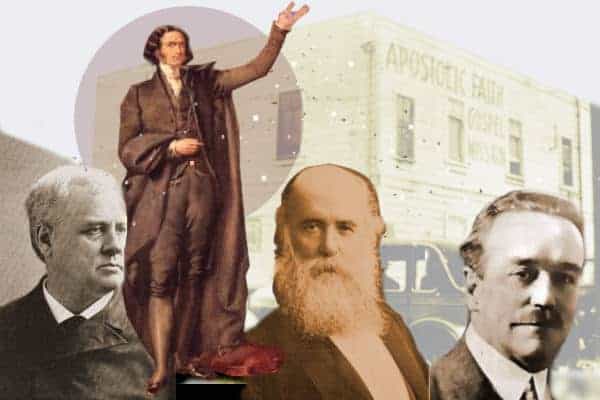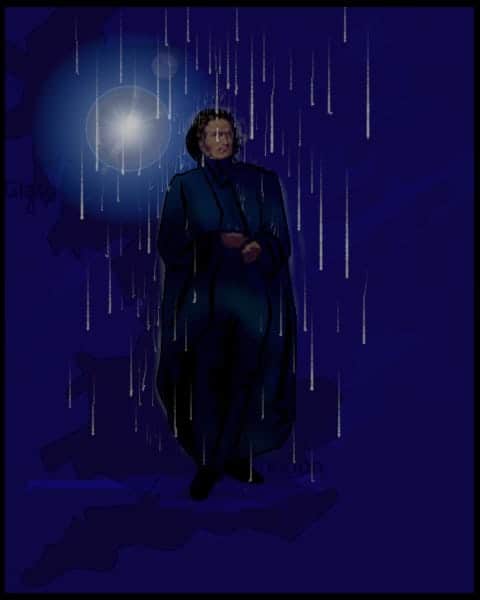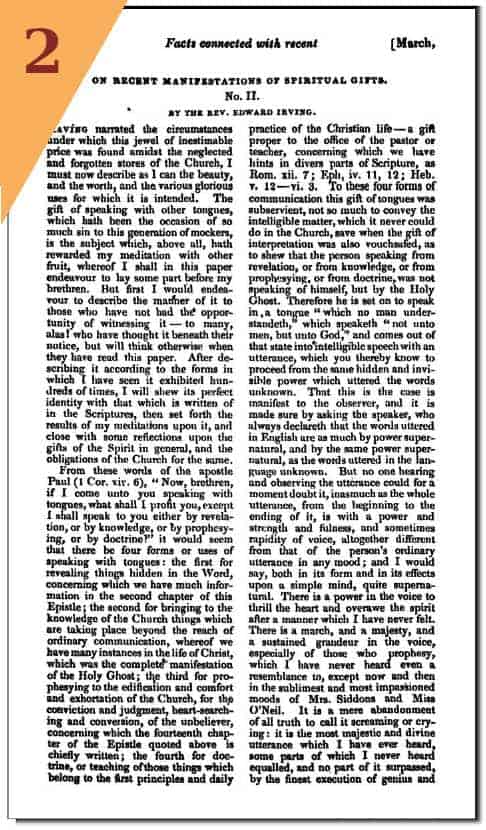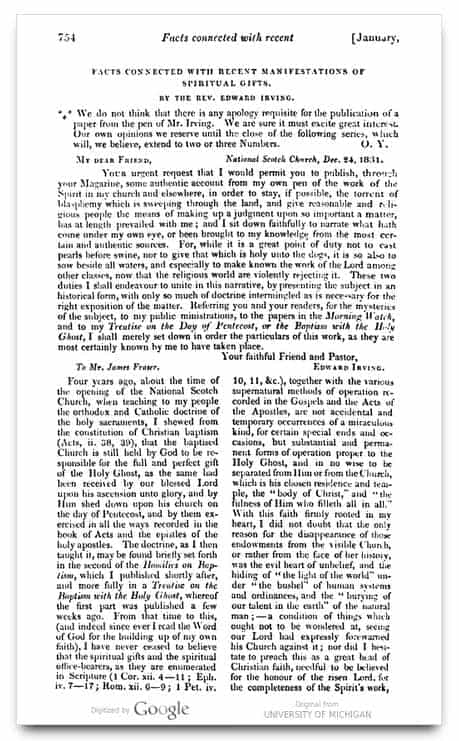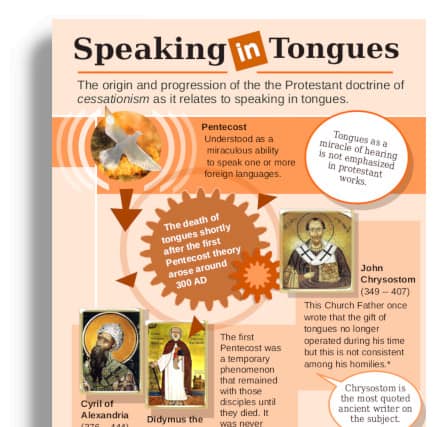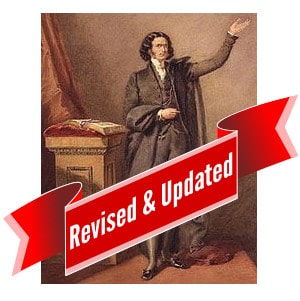Examining the influence of the Irvingite movement on the birth of Pentecostalism.
The London-based Irvingite movement revived the supernatural expressions within the church body and inspired a new framework for Christian living that reverberated throughout the Western world.
It makes one wonder, if there was no antecedent of the Irvingites in the 1830s, would there have been a Pentecostal movement?
